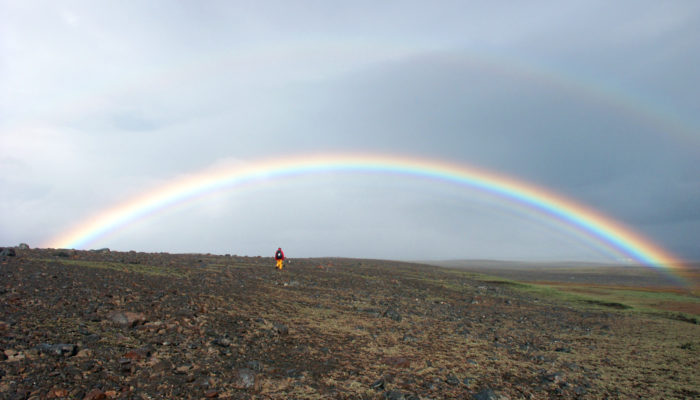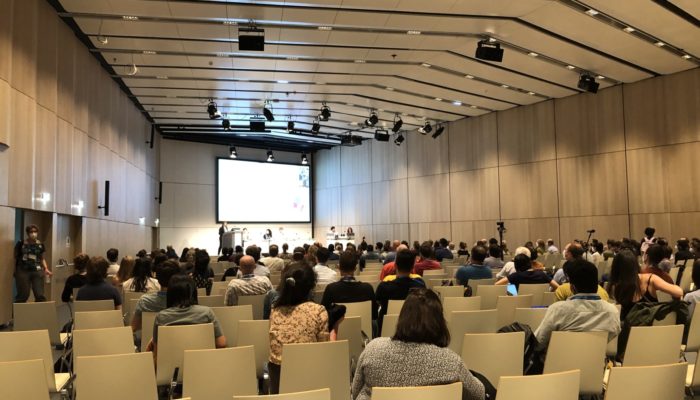“Who are these men?!” he says, seeming genuinely baffled. I feel my shoulders rise towards my ears with tension as I wait for him to continue. The man is summarizing what his group, comprised solely of men, have arrived at during their group-discussion at the gender equality seminar we are taking. We have been presented with, I might say, “the usual” statistics for academic women. A pr ...[Read More]
EGU22: Rethinking (geo)scientific conferences today
From aiming at globally distributed, but virtually connected conference hubs to live subtitles and translations: never has the scientific conference format been on a trajectory of such abrupt change. What the new format of the coming years will be is still unclear, but it will need fewer chairs and more bandwidth, and should be sensibly ‘green’ and super accessible, suggests Fabio Crameri. Even th ...[Read More]
How to EGU22: Help us ensure a safe and inclusive EGU22!
It is true that academic gatherings like scientific conferences can offer great opportunities for career advancement, such as building stronger networks, highlighting your research, and finding new opportunities for collaboration. Unfortunately, many conferences are not equally inclusive to all (see the image below) and can pose as unsafe environments for presenters and participants. With EGU22 on ...[Read More]
Meet the EGUpride group: LGBTQIA+ members are welcome to join!

It is hardly a surprise that members of the geoscience community who identify as LGBTQIA+ (Lesbian, Gay, Bisexual, Transgender, Queer/Questioning, Intersex, Asexual, and others who fall under the umbrella but do not identify with these categories) are likely to face more obstacles in their career compared to their cisgender and heterosexual colleagues. This is true for people at all career levels, ...[Read More]



